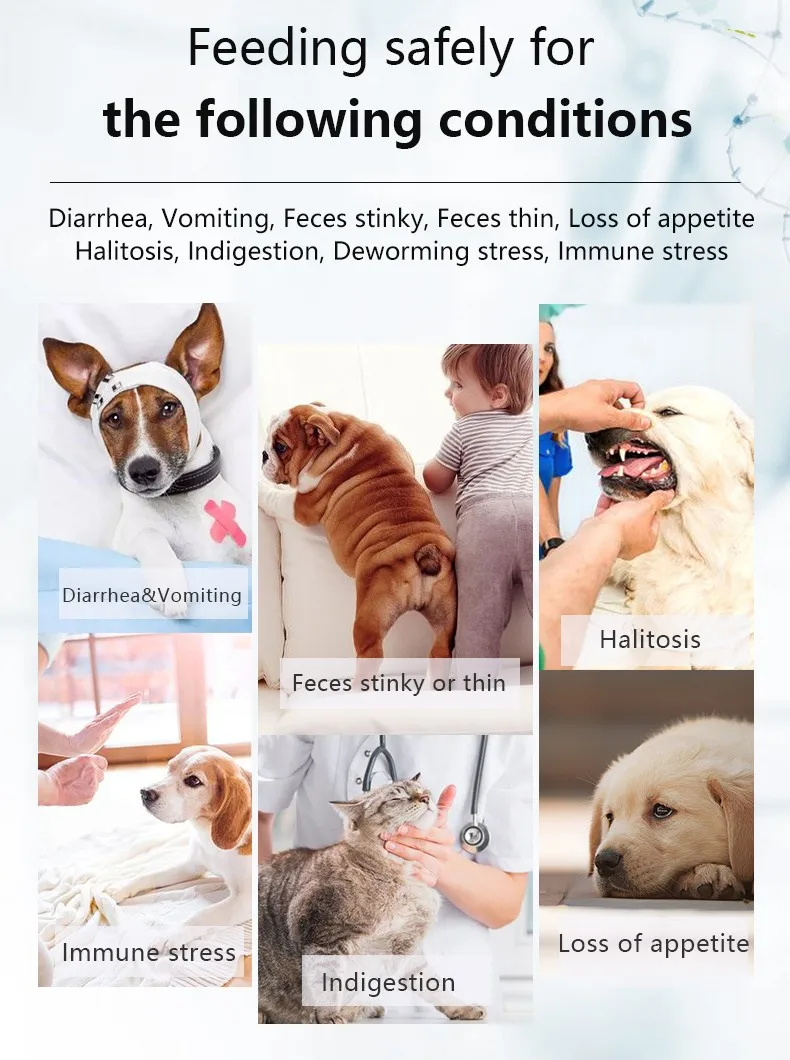The Ultimate Guide to Feeding Pet Rats: Tips, Tricks, and Best Practices for a Happy, Healthy Companion
Guide or Summary:Feeding Pet Rats: Understanding Their Nutritional NeedsChoosing the Right Food for Your Pet RatsCreating a Balanced Diet: Fresh Foods and T……
Guide or Summary:
- Feeding Pet Rats: Understanding Their Nutritional Needs
- Choosing the Right Food for Your Pet Rats
- Creating a Balanced Diet: Fresh Foods and Treats
- Feeding Pet Rats: Portion Control and Frequency
- Hydration: The Importance of Fresh Water
- Monitoring Your Pet Rats' Health
- Conclusion: The Joy of Feeding Pet Rats
Feeding Pet Rats: Understanding Their Nutritional Needs
When it comes to feeding pet rats, understanding their unique nutritional requirements is essential for ensuring their health and happiness. Rats are omnivores, which means they thrive on a varied diet that includes both plant and animal-based foods. A balanced diet for pet rats should consist of high-quality commercial rat pellets, fresh fruits, vegetables, and occasional protein sources.
Choosing the Right Food for Your Pet Rats
To provide the best diet for your pet rats, start by selecting a high-quality commercial rat food that is formulated specifically for their needs. Look for pellets that contain a mix of grains, seeds, and other nutrients. Avoid seed mixes that are high in fat and low in essential vitamins and minerals. Additionally, supplement their diet with fresh produce such as leafy greens, carrots, and apples. Remember to wash all fruits and vegetables thoroughly to remove any pesticides or chemicals.

Creating a Balanced Diet: Fresh Foods and Treats
In addition to commercial pellets, incorporating fresh foods into your pet rats' diet is crucial. Rats enjoy a variety of fruits and vegetables, so feel free to experiment with different options. However, be cautious with certain foods that can be harmful to them, such as citrus fruits, which should be given in moderation. Treats can also be an excellent way to bond with your pet rats; consider offering small amounts of cooked chicken, scrambled eggs, or yogurt as occasional rewards.
Feeding Pet Rats: Portion Control and Frequency
When feeding pet rats, portion control is vital. Rats have a tendency to overeat, which can lead to obesity and other health issues. A general guideline is to provide about 1-2 tablespoons of pellets per rat each day, along with small portions of fresh fruits and vegetables. It's also important to establish a feeding schedule—most pet owners find that feeding their rats once in the morning and once in the evening works well.

Hydration: The Importance of Fresh Water
Hydration is another critical aspect of feeding pet rats. Always ensure that your rats have access to fresh, clean water at all times. You can provide water in a water bottle with a sipper tube or in a shallow dish. If using a dish, be sure to change the water daily to prevent contamination.
Monitoring Your Pet Rats' Health
Regularly monitoring your pet rats' health is an essential part of feeding them properly. Keep an eye on their weight, coat condition, and overall behavior. If you notice any changes, such as weight loss, lethargy, or changes in appetite, consult a veterinarian who specializes in small animals.

Conclusion: The Joy of Feeding Pet Rats
Feeding pet rats is not just about providing sustenance—it's an opportunity to bond with your furry friends and ensure they lead healthy, fulfilling lives. By understanding their nutritional needs, choosing the right foods, and practicing good feeding habits, you can create a happy and thriving environment for your pet rats. Remember, a well-fed rat is a happy rat, and the joy they bring to your life is immeasurable. So take the time to learn about their dietary requirements and enjoy the rewarding experience of caring for these intelligent and social creatures.